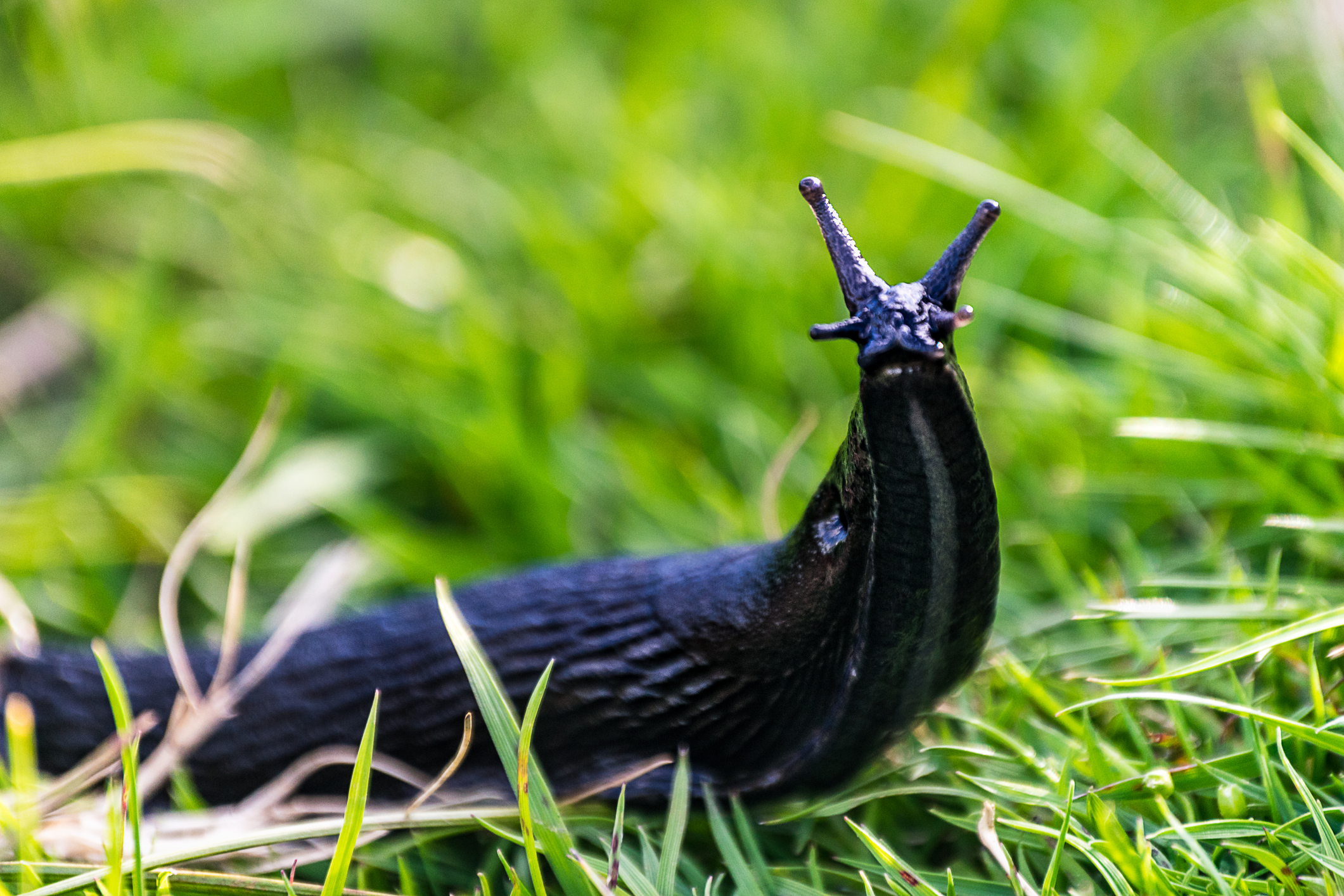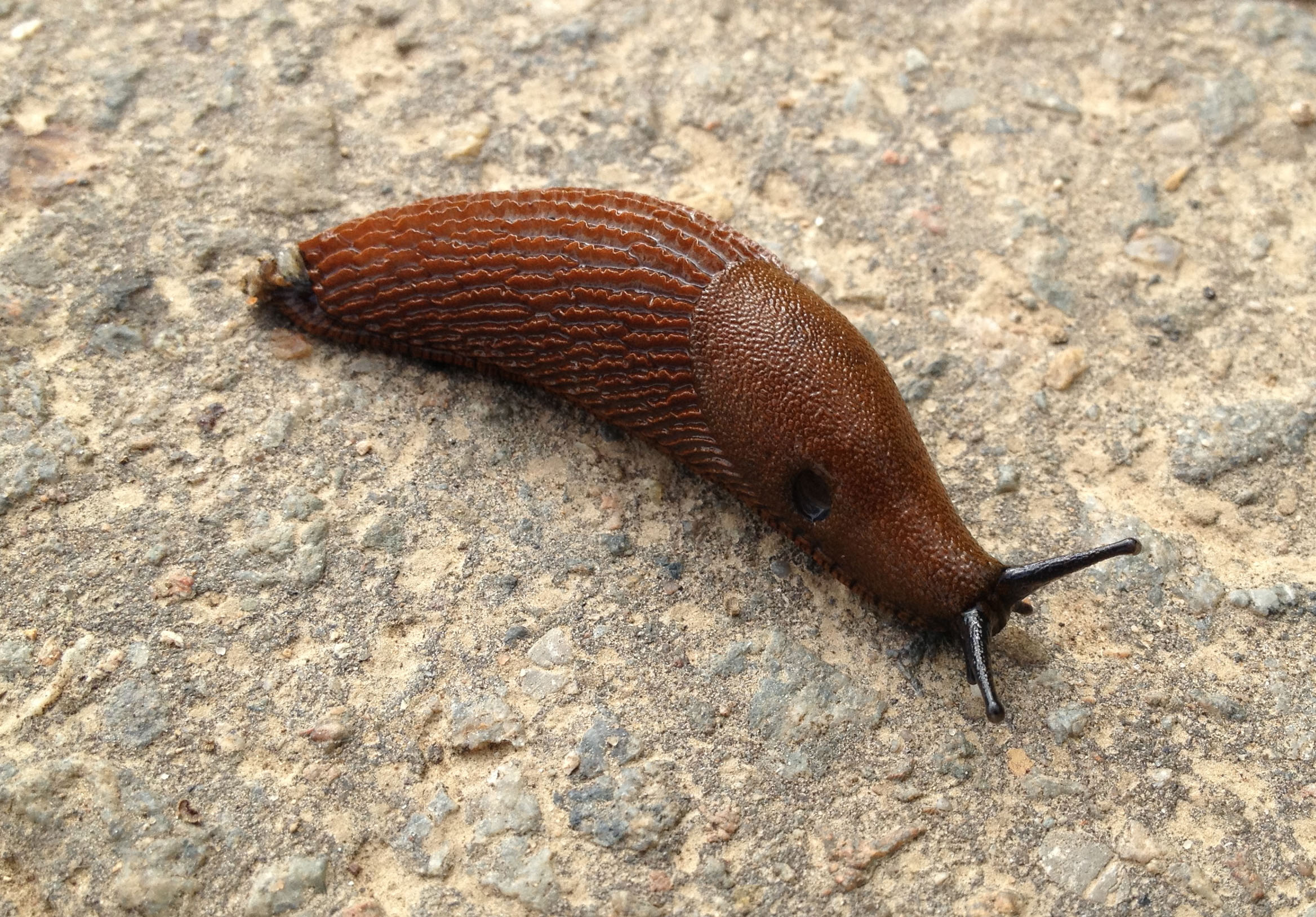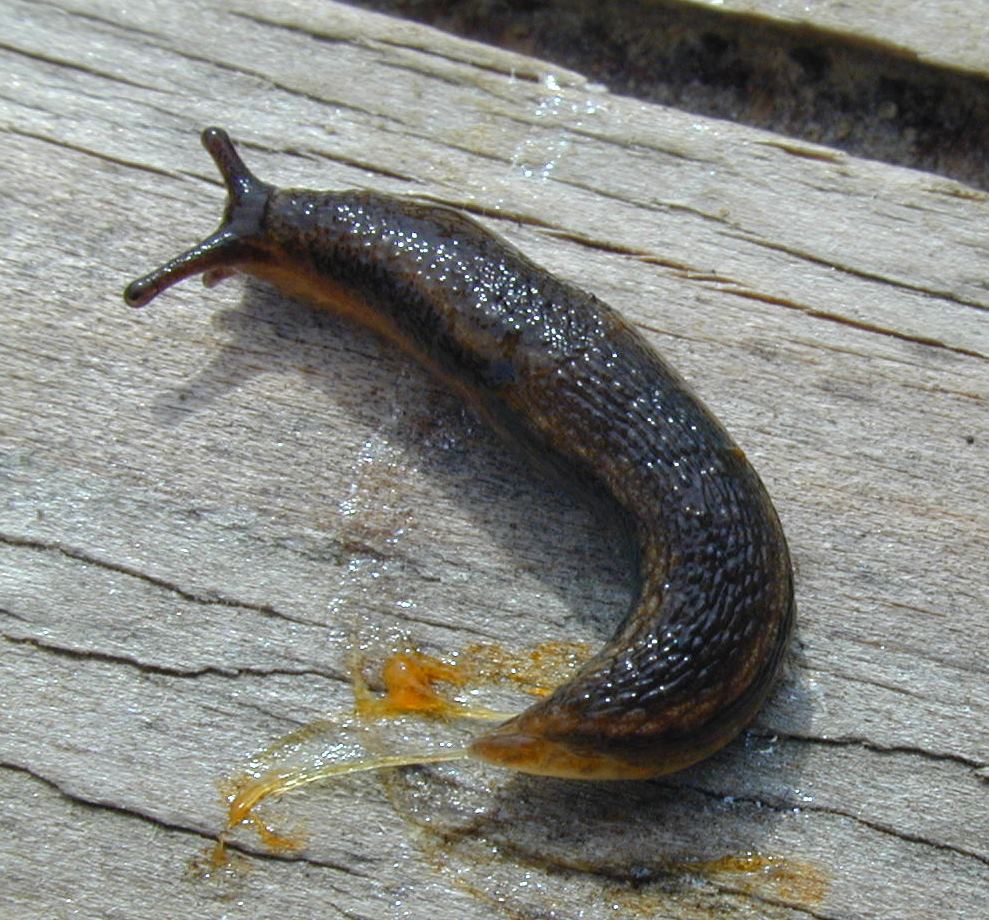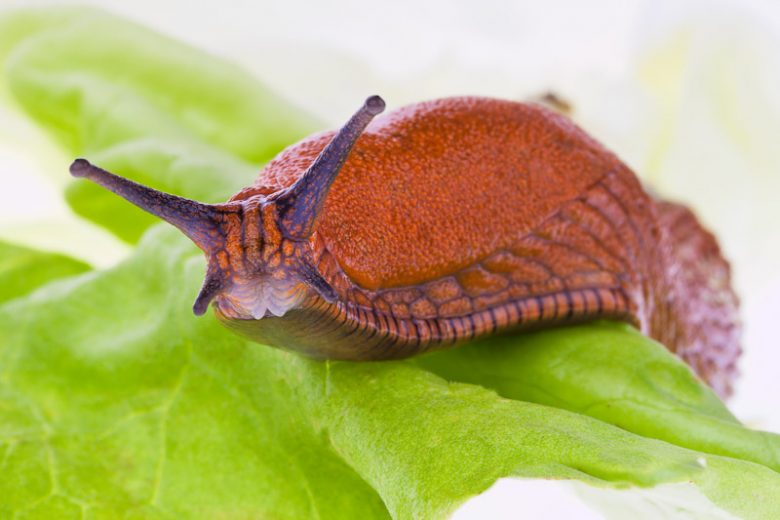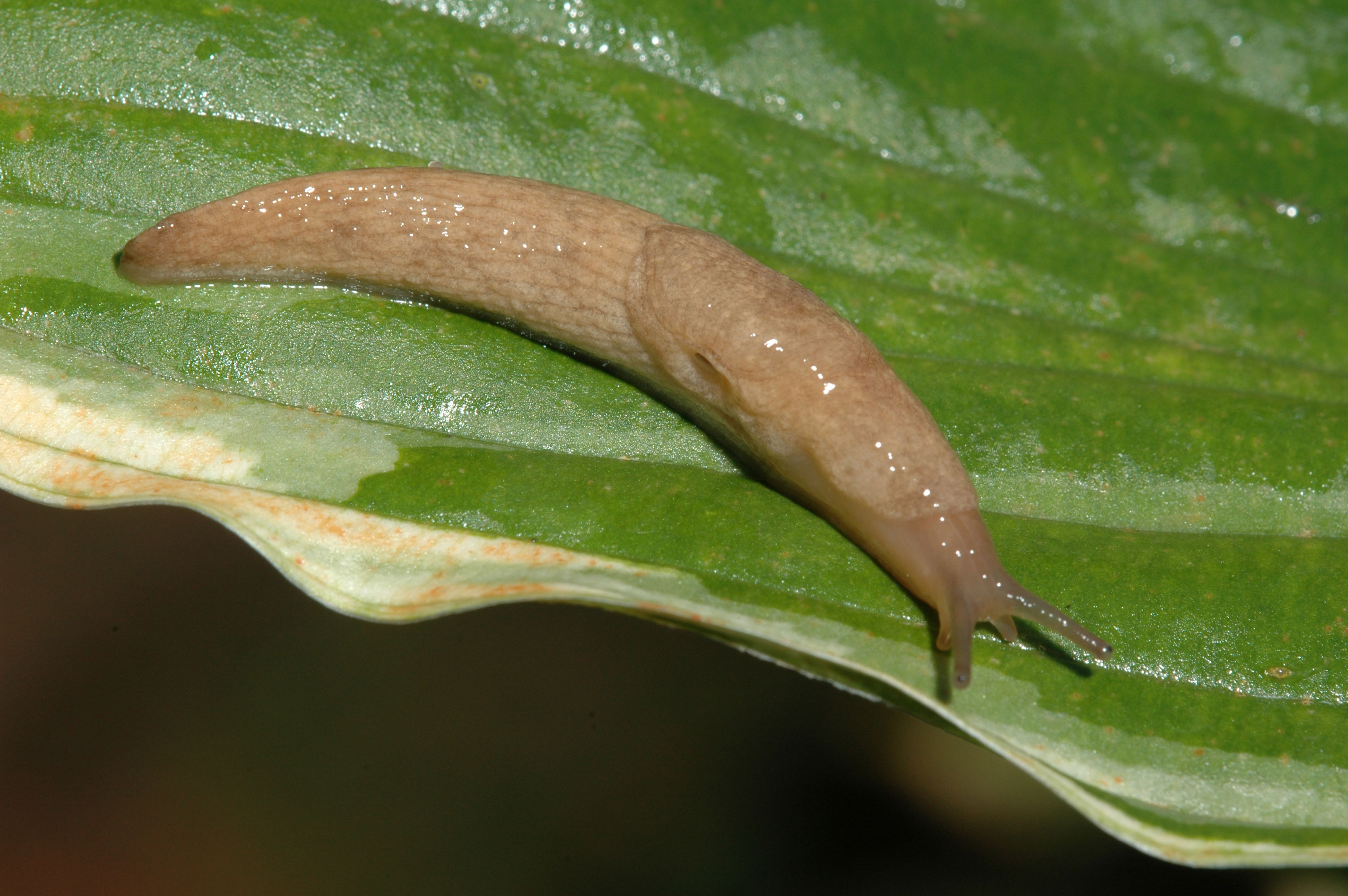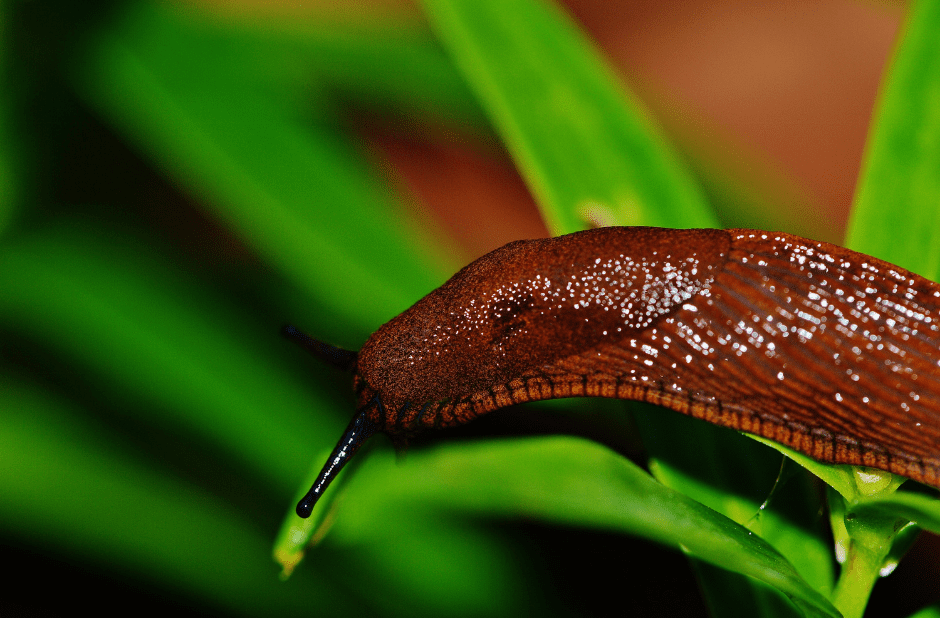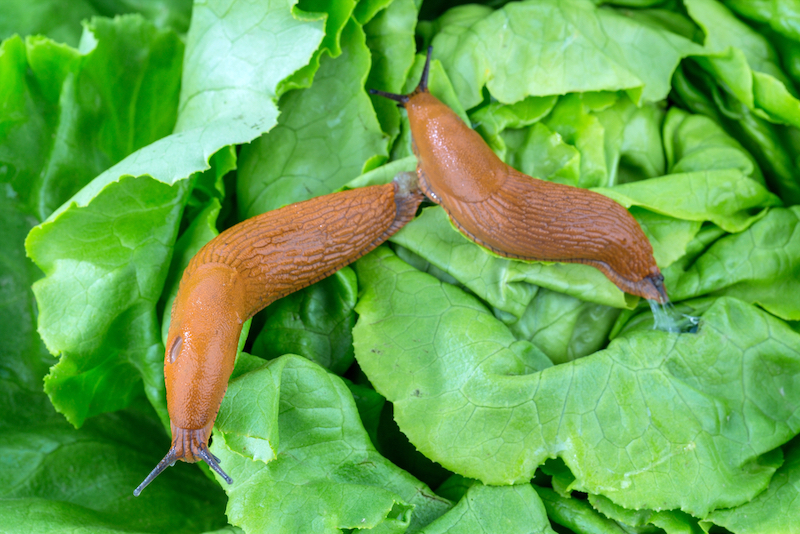Slugs of the plant-eating family veronicellidae are found in the tropics. Lets take a look at some of the types of slugs that live on the continent and explore some of their traits in this article. · discover fascinating facts about slugs in this engaging article. · slugs and snails leave behind large, ragged holes on tender leaves and flowers, and can sometimes completely eat new shoots and seedlings. · while slugs do try the patience of us gardeners, they’re not all bad. From their unique anatomy to their important role in the ecosystem, learn all about these intriguing creatures. They leave behind slime trails … Carnivorous slugs, which eat other snails and earthworms, include the testacellidae of europe. · slugs are slimy mollusks that belong to the class gastropoda. If that is not an option, the best solution is likely collecting them in … Taxonomy of the six orders of pulmonata, two – the onchidiacea and soleolifera – solely comprise slugs. For example, the slugs found in compost heaps help with decomposition, speeding the process along. · slugs perform essential cleaning and recycling roles, feeding on decaying organic matter to break this down and put the nutrients back into carbon and nitrogen cycles. We are interested, in this case, in the slugs on land, the pulmonates, which have lungs rather than … · the best way to truly rid a garden of slugs is to bring in a predator, such as chickens, ducks, or turkeys. They are soft-bodied creatures that lack a protective shell, making them vulnerable to desiccation and predation. Slugs (or shell-less snails) occupy the phylum mollusca in the class known as gastropoda. A third group, the sigmurethra, contains various clades of snails, semi-slugs …
Slugs & Backbones: The Unexpected Answer You Need To Know
Slugs of the plant-eating family veronicellidae are found in the tropics. Lets take a look at some of the types of slugs that live on...

